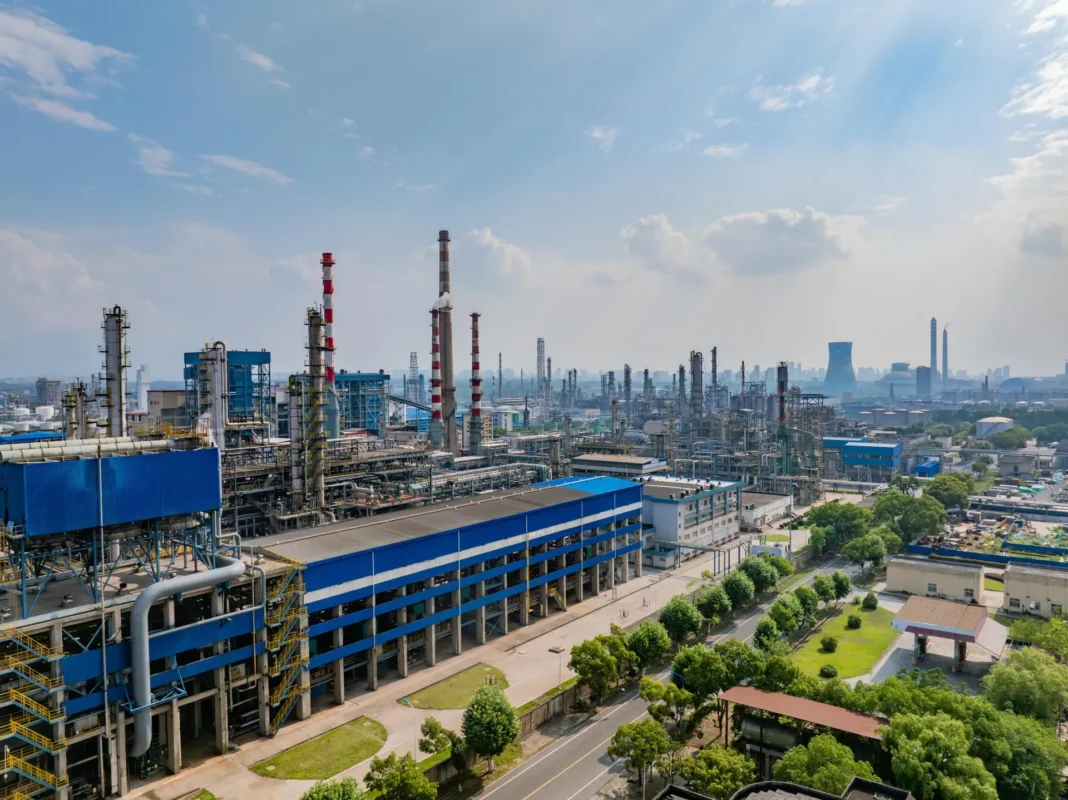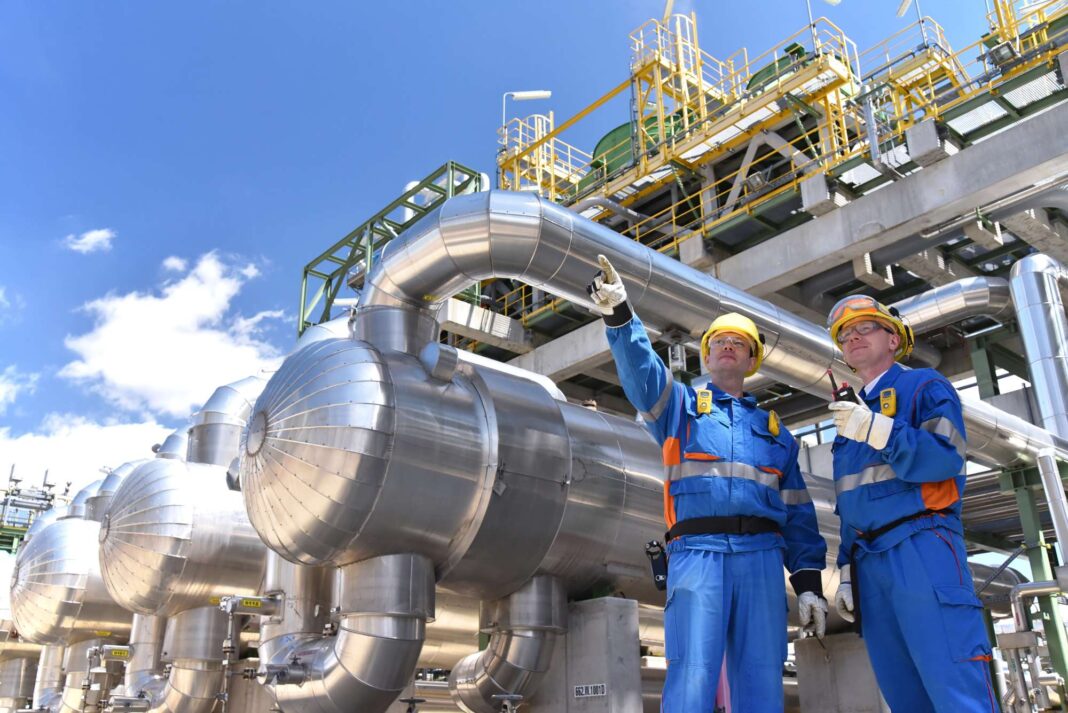The Iraq new industrial cities initiative highlights the government’s strategy to expand domestic production and attract vital private investment. The Ministry of Industry recently approved plans to establish three new industrial cities, including Iraq’s first pharmaceutical hub. Officials say these projects will strengthen the economy and create new opportunities.
According to Industry Ministry spokesperson Doha al-Jubouri, Minister Khaled Battal al-Najm authorized the plans during the Industrial Cities Authority Board’s second session. He stressed that this step followed careful studies involving land allocation, cost assessments, utilities, and legal frameworks. Authorities believe the move represents a turning point for Iraq’s industrial growth.
The most notable project involves a pharmaceutical industrial city spanning 708,000 square meters. This facility will mark Iraq’s first large-scale hub for medicine manufacturing. In addition, a second city will cover two million square meters in Babil Province, focusing on food, light, and medium industries. Both cities will diversify output while ensuring greater regional balance.
Moreover, the third project, Akkad Industrial City, will rise near Rashidiya in Baghdad. Covering 125,000 square meters, it will become Iraq’s first independently operated site. Officials expect it to host emerging industries and innovative businesses, offering a platform for modern production.
The Iraq new industrial cities project also emphasizes private-sector involvement. Al-Jubouri confirmed that Minister al-Najm encouraged investors to participate in developing companies within these cities. He explained that private partnerships will generate jobs, stimulate entrepreneurship, and drive competition.
Furthermore, the Ministry views these initiatives as essential for long-term stability. By building diverse industrial hubs, Iraq reduces reliance on imports and strengthens local supply chains. Consequently, the projects will support sustainable development and improve national self-sufficiency.
Rights groups and economic experts also point out that industrial expansion can support broader social benefits. Job creation in pharmaceuticals, food, and light industries directly boosts household incomes and raises living standards. Additionally, locating projects across different provinces ensures balanced growth.
Ultimately, the Iraq new industrial cities initiative demonstrates the government’s commitment to transforming the economy. With strategic planning, private investment, and strong execution, these projects promise to create a modern industrial base, increase production, and support long-term national prosperity.



